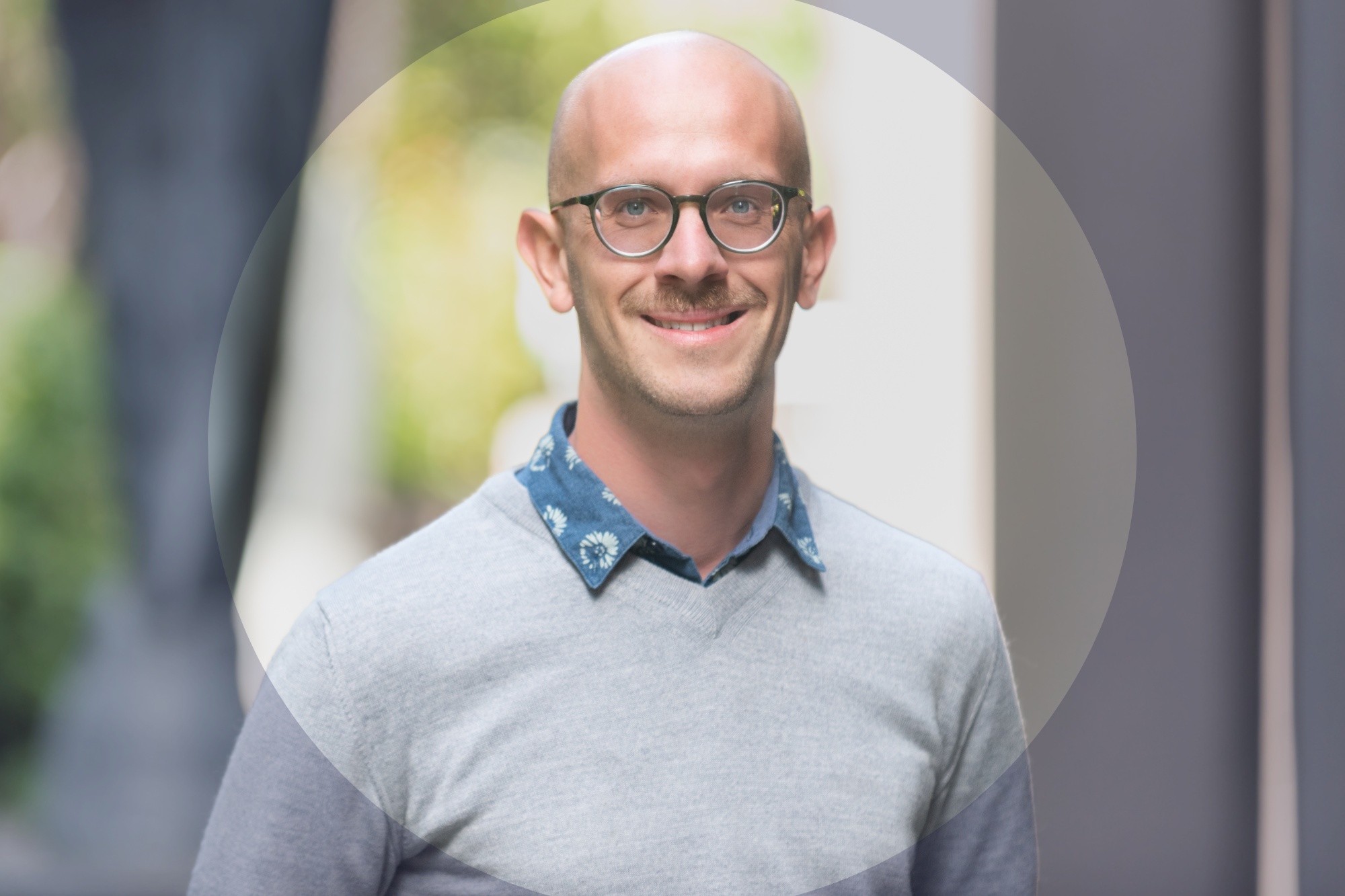Dr Romain Ragonnet is a Senior Research Fellow in the Epidemiological Modelling Unit at Monash University. Dr Ragonnet specialises in the mathematical modelling of tuberculosis (TB) and COVID-19, and his notable contributions include the first-ever quantification of TB mortality and self-recovery rates. Dr Ragonnet has advised various governments of lower-middle-income countries in the Asia-Pacific region to assist the local control of TB and COVID-19. He also initiated and led multiple cross-disciplinary collaborations, creating a strong network of world-leading experts that spans mathematics, medical ethics, biostatistics, economics, and clinical trials.
As an applied mathematician, I have always been drawn to solving complex problems and unravelling mysteries using the power of numbers and algorithms.
Yet, there is one puzzle that has intrigued me more than any other: the persistence of tuberculosis (TB), despite the long-standing availability of vaccines and treatments. It is a disease that seems to defy logic, and I was determined to understand why.
My journey into the world of TB began unexpectedly in 2014 when my mentor Professor Emma McBryde invited me to join her at a national conference on the disease. At that time, I was not working on anything TB-related. However, it was at this conference that I received two crucial insights that would shape my future career.
Firstly, I learned about the significant unknowns in TB epidemiology. Despite decades of research, significant gaps persist in our understanding of how the disease spreads within populations, how infection evolves on an individual level, and what happens to diseased individuals if TB remains untreated.
This is particularly alarming given that an estimated 30% of individuals with TB are currently undetected.
Secondly, I was confronted with the harsh reality that poverty remains the most pervasive force driving the TB epidemic worldwide. TB thrives in communities with poor living conditions and limited healthcare access. Many TB patients have no other choice than stopping treatments due to severe side effects, as they lack access to sick leave programs and must continue working.
This stark correlation between social issues and disease burden underscored the urgent need for strategies that address not just the biological aspects of TB, but also the socioeconomic factors that perpetuate its spread.
These observations made me realise the critical role that mathematical modelling could play in TB control. Models can capture the complexity of TB epidemiology and its intersection with socioeconomic factors to inform targeted interventions. Thus, I embarked on a journey to harness the power of modelling to fight TB and contribute to global efforts towards its elimination.
I have crafted a unique research program, analysing data to uncover key TB epidemiological characteristics, and integrating the novel insights with modelling to address major public health issues. For instance, I produced the first-ever estimates of TB mortality rates without treatment using historical data from 1900-1950. Subsequently, I applied these findings to tailored TB modelling analyses in collaboration with policymakers across various countries.
My NHMRC Investigator Grant will enable me to expand this work over the next five years, investigating optimal pathways to TB elimination in ten high-burden countries of the Asia-Pacific region.
I feel extremely fortunate to work in a field that requires delving into the intricacies of different societies and communities around the world to inform TB models accurately. This broadens my perspective and deepens my appreciation for human diversity. Yet, on the other hand, understanding how people live and interact together represents the most challenging aspect of my work, as capturing social interactions realistically with models is extremely difficult.
With the emergence of COVID-19, novel modelling techniques and rich datasets have become available. These resources enable a more accurate portrayal of the mechanisms underlying disease dynamics, including complex social interactions.
This represents a unique opportunity to advance TB research by designing more sophisticated approaches to better assist TB control and prevention, which is why my Investigator Grant commences at a pivotal time.
Receiving this year’s Frank Fenner Investigator Grant Award is a deeply humbling moment in my career. Frank Fenner's legacy in smallpox eradication serves as a guiding light for disease control efforts worldwide. While the challenge of eradicating TB may seem daunting, I remain optimistic that with dedication, innovation, and collaboration, we can achieve a similar triumph against this ancient plague in the next decades. It is this belief that drives me forward in my quest to unravel the mysteries of TB and pave the way for a healthier, more equitable world for all.

